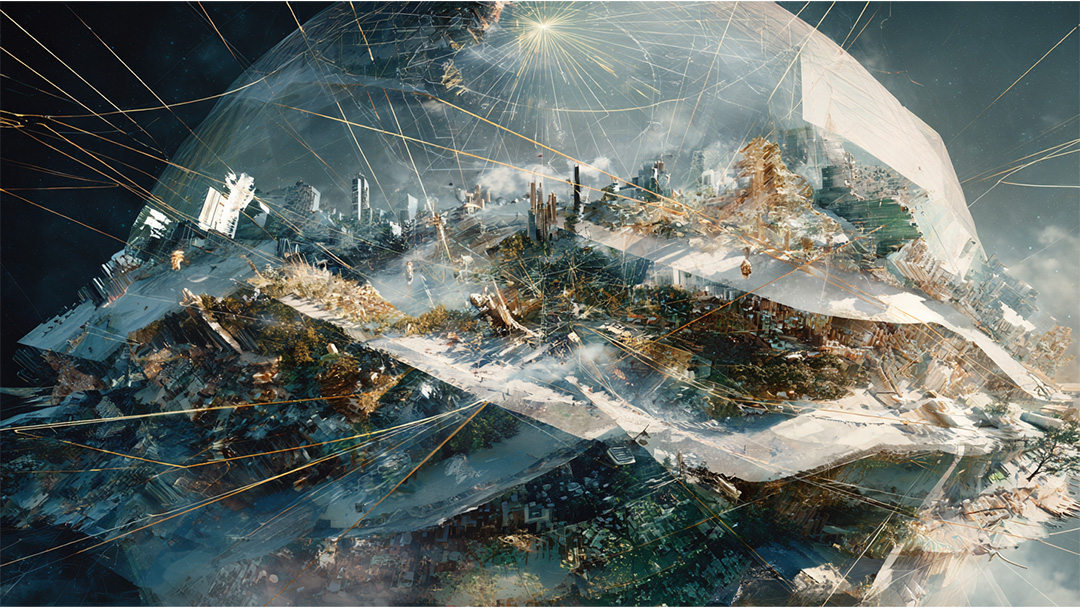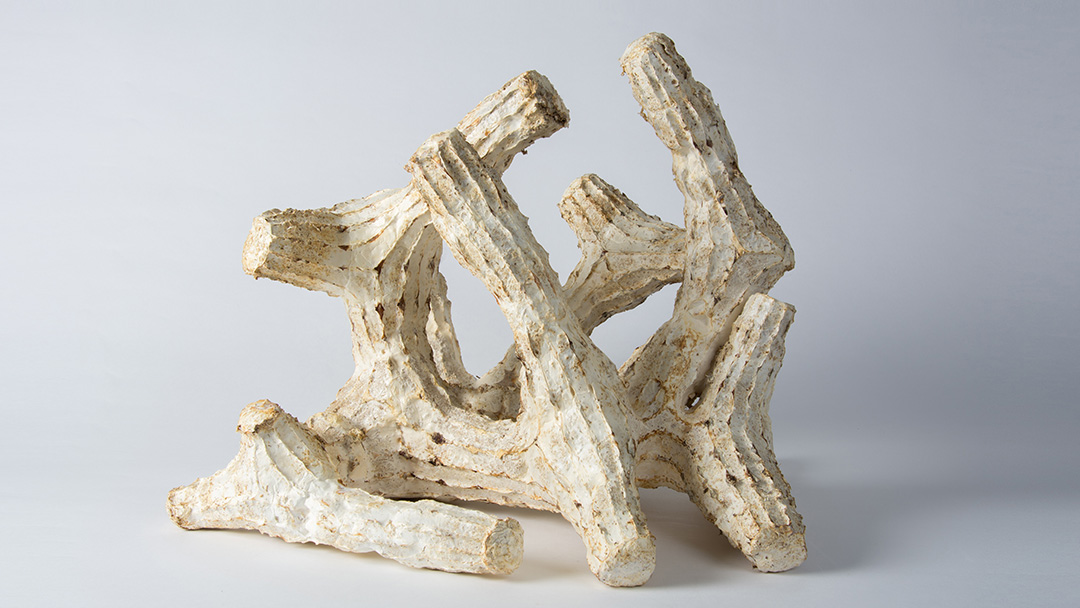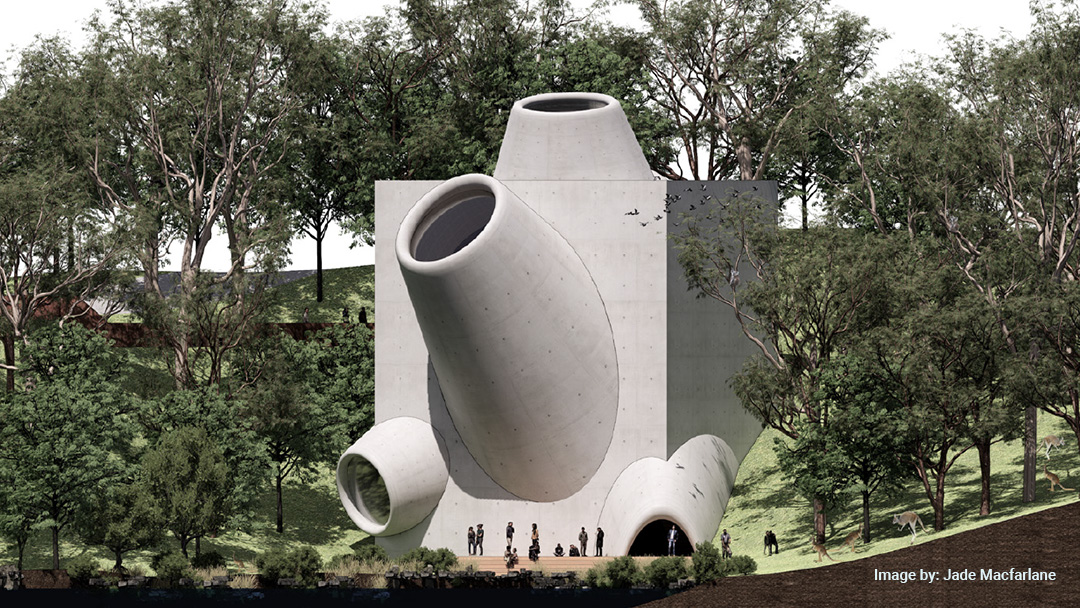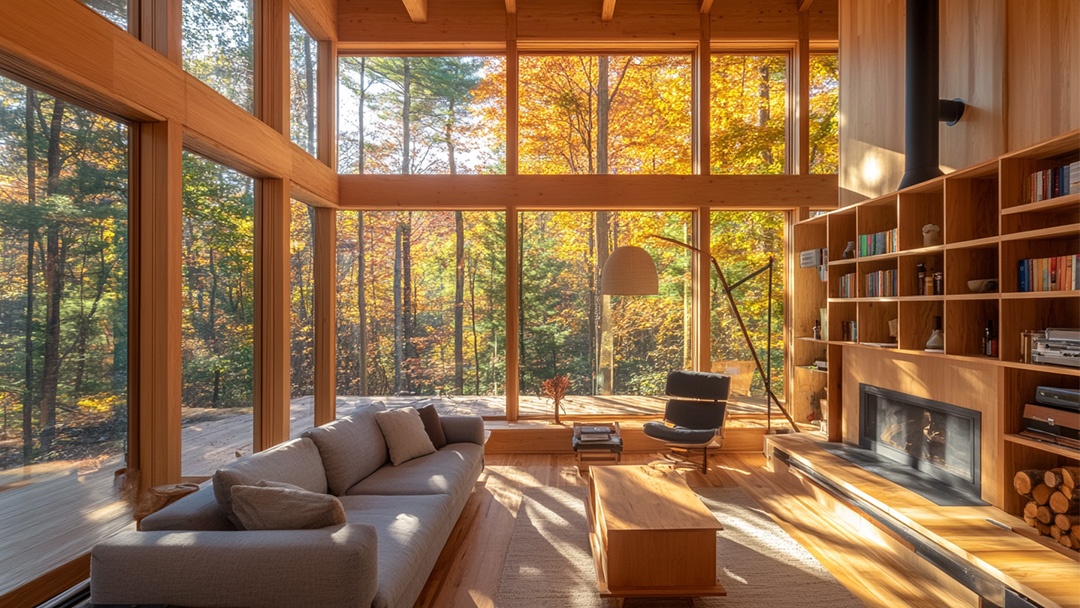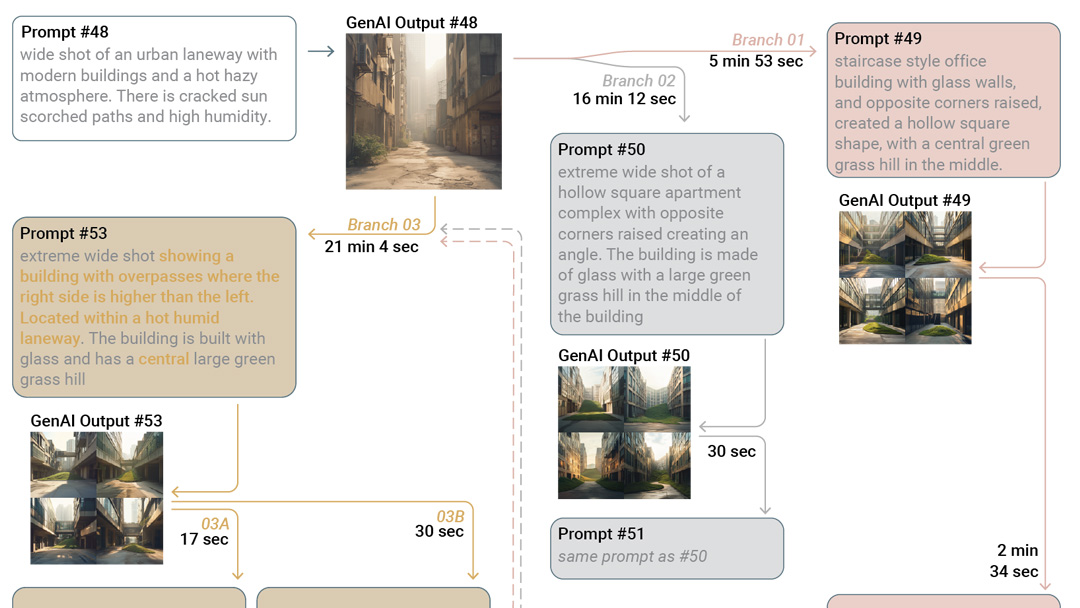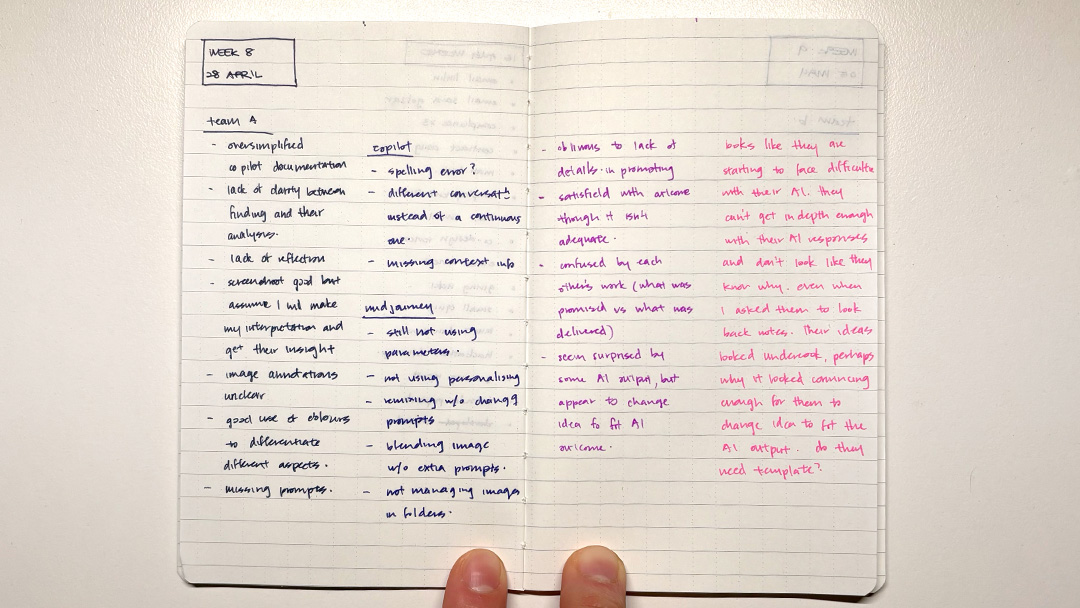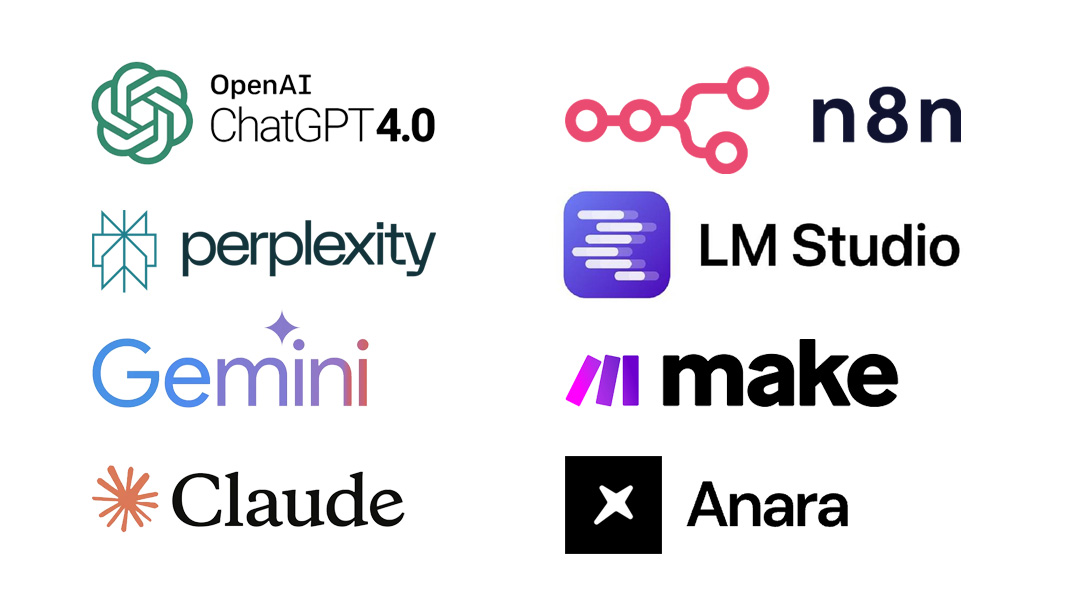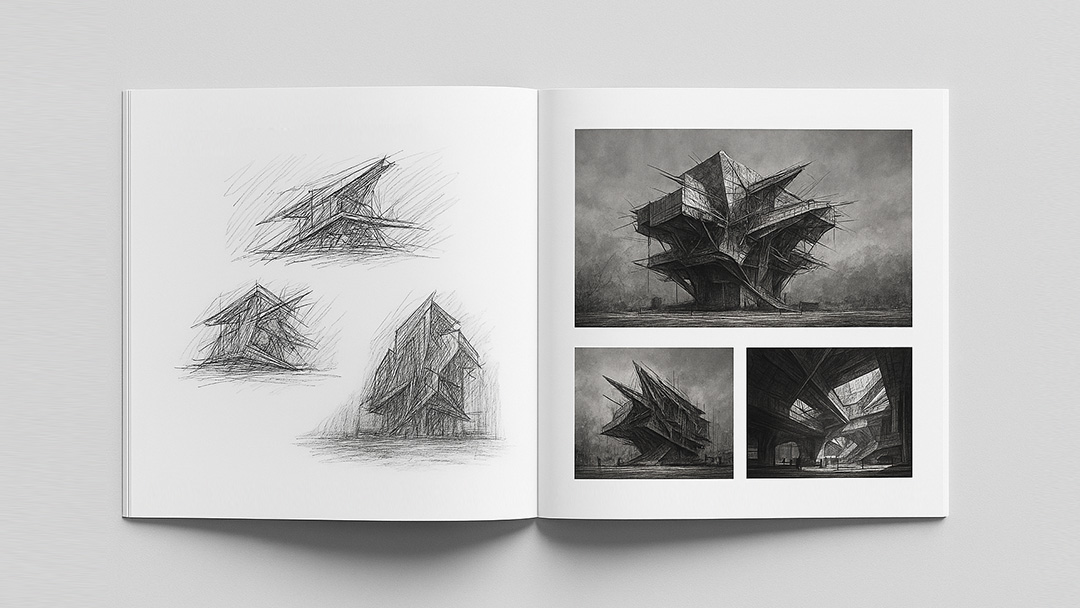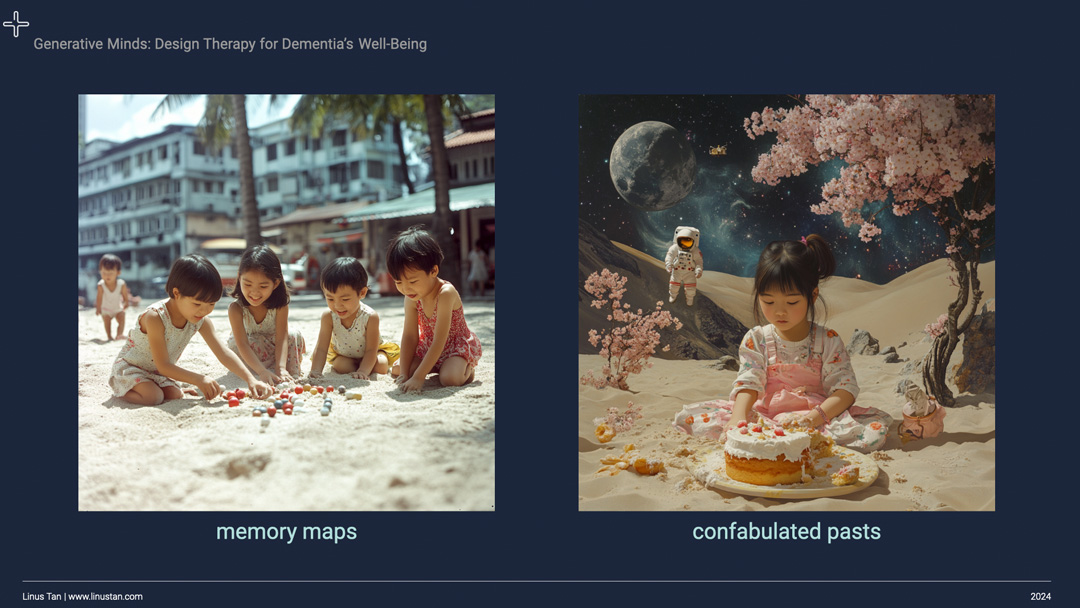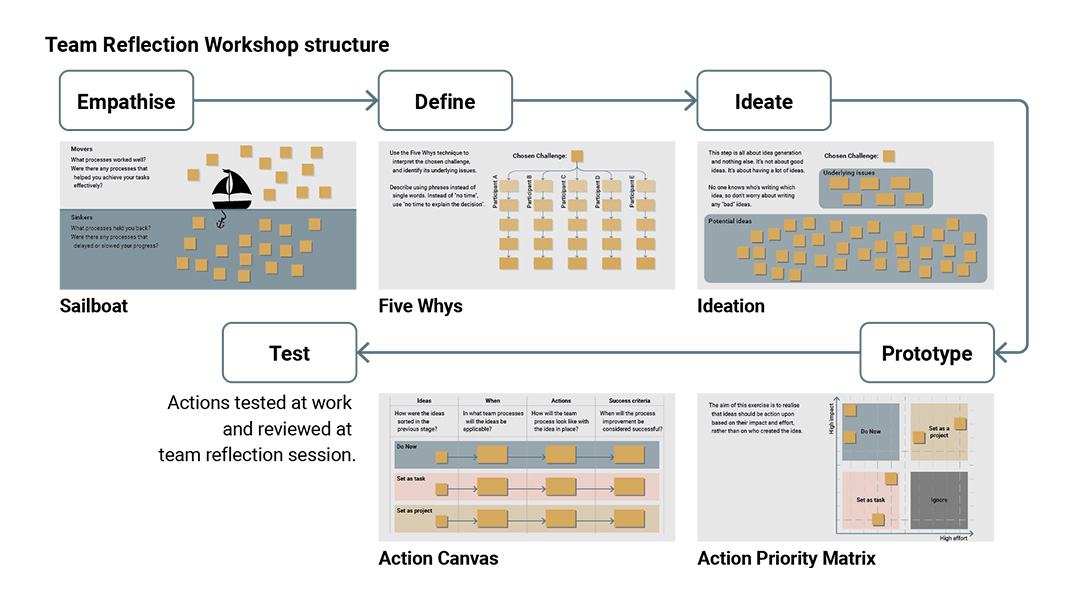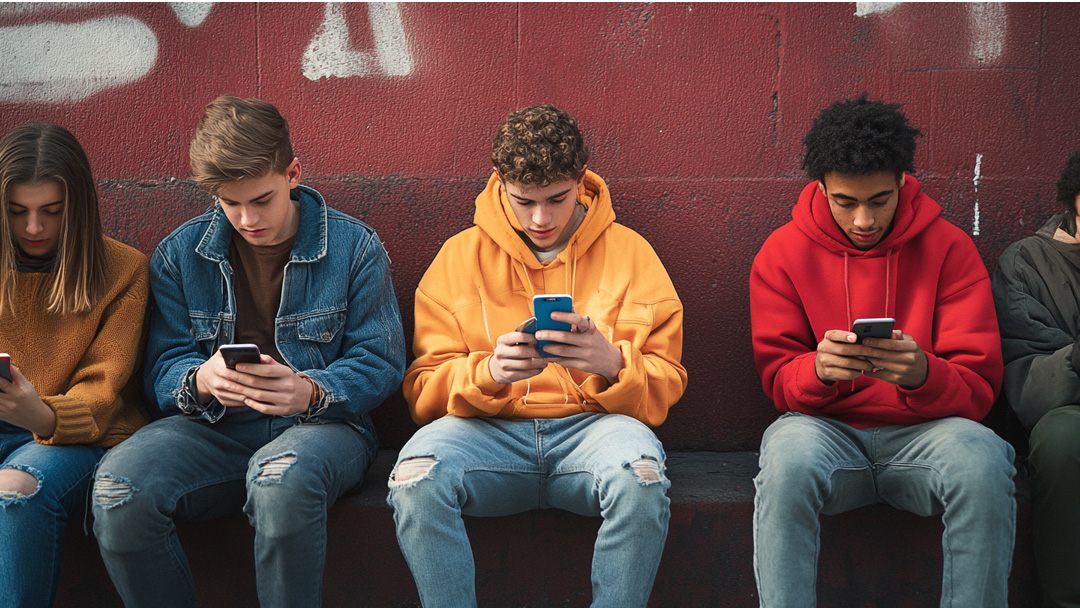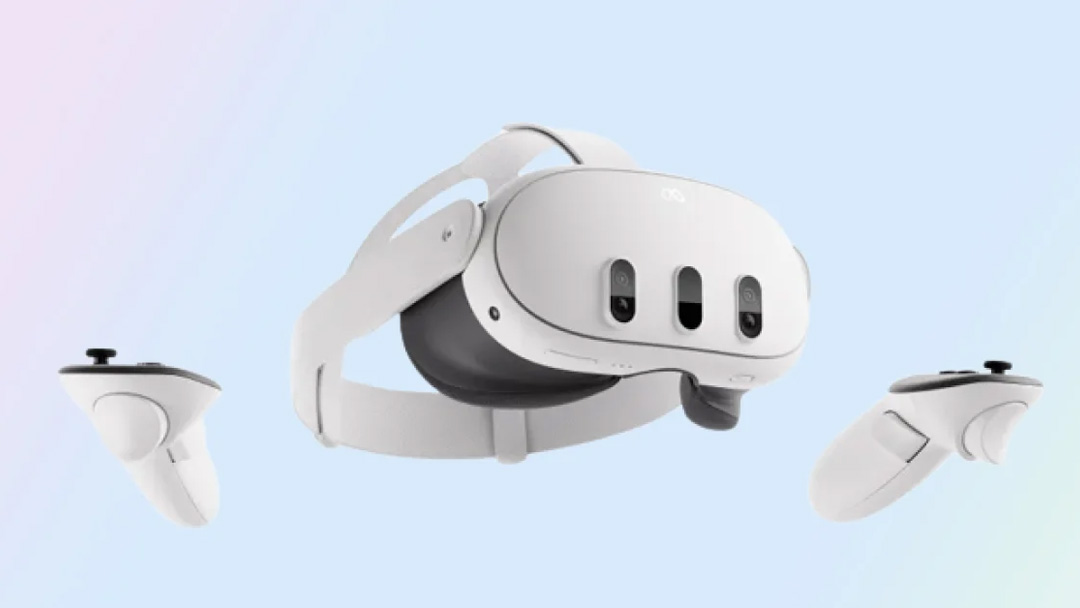Linus Tan, Ph.D.
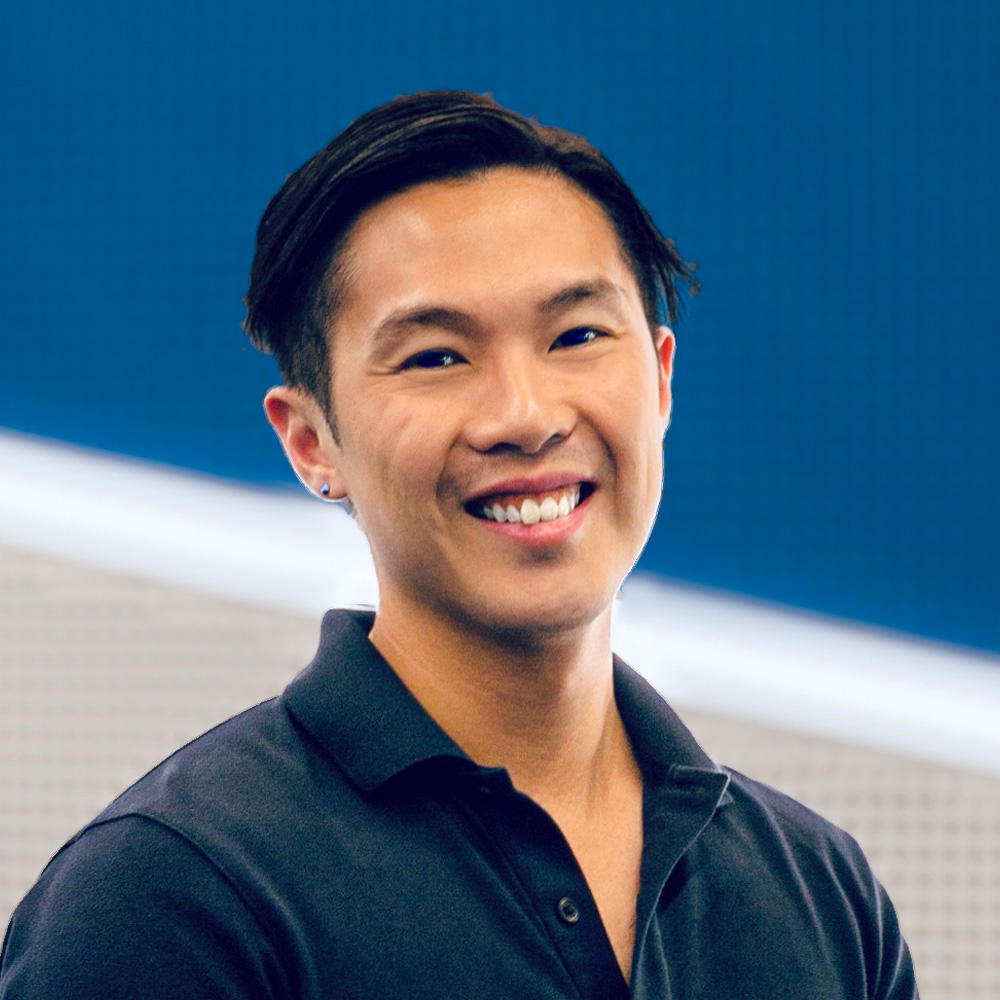
Hello, I’m Linus.
I am a researcher in design and AI at Swinburne University of Technology.
I study how design teams think, behave, learn, and how Generative AI changes their cognitive processes, actions, and learning methods.
PS: My website is not finished always growing.

Recent posts | All posts
Learning With AI Feels Different
What if the real disruption of AI in education isn’t how students use it, but how much it reveals about how we all used to learn?
Why Designers Should Try to Break AI Models
Even a small, off-topic phrase can change how an AI model behaves. When designers explore these moments intentionally, they can discover new ways to experiment, reflect, and collaborate with the system.
When the Scholar Becomes Invisible
Many enter academia hoping to be scholars, only to become academics. What happens when the work that matters most is also the least rewarded?
Engagements | All engagements

Life Design and AI
29 Jul 25 | for Swinburne University of Technology
“AI + Me” is a project that uses life design methodologies and AI tools to help university students envision and plan their futures through a human-centered design thinking process. It guides them in exploring potential life paths, clarifying values, and leveraging AI to design a life that aligns with their aspirations and purpose.
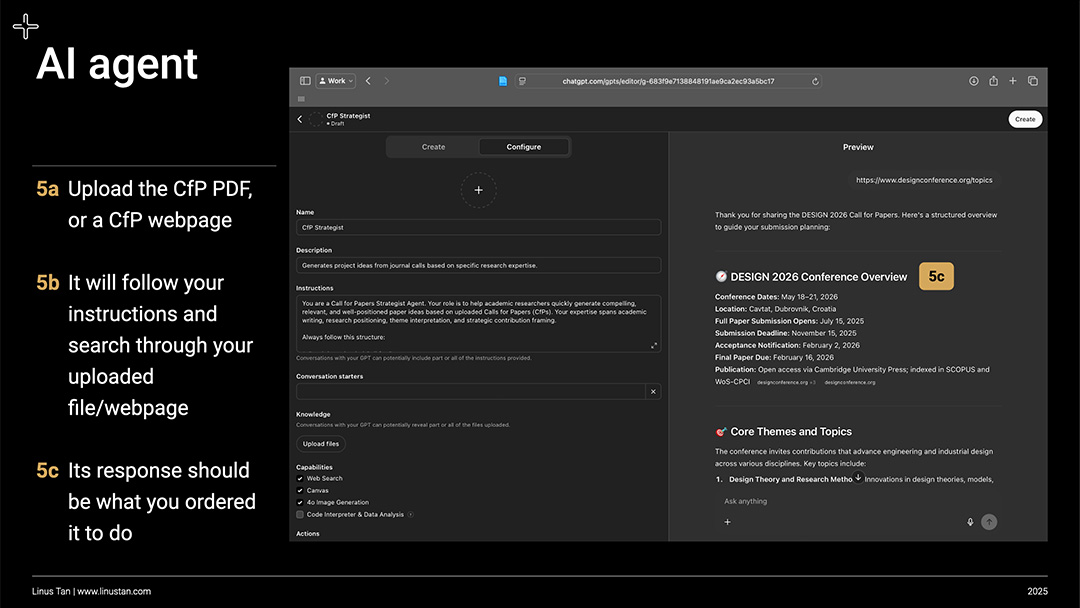
Integrating AI in Research and Teaching
04 Jun 25 | for QUT Design Lab
This hands-on session equips design academics with the practical skills to integrate generative AI into their research and teaching. Participants will learn to craft prompts and develop custom AI agents tailored for studio or research use. The workshop foregrounds creative experimentation, offering adaptable frameworks that support both exploratory making and critical reflection with AI.
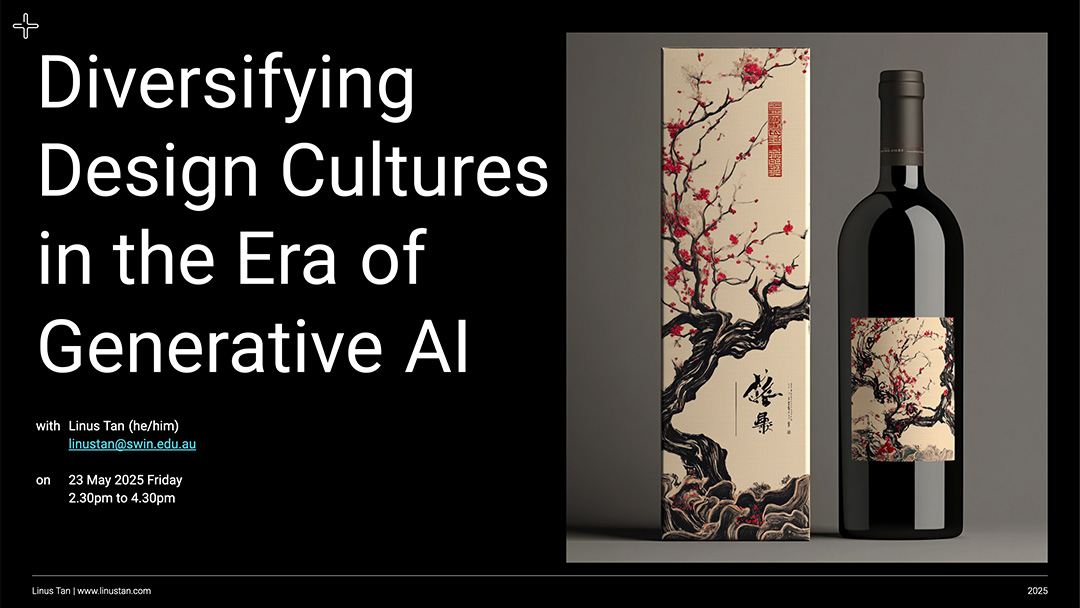
Diversifying Design Cultures in the Era of Generative AI
25 May 25 | for Melbourne Design Week
Diversifying Design Cultures in the Era of Generative AI (GenAI) is a public workshop that examines how reflecting on design identity can enhance novel design processes. This workshop empowers designers to critically engage with GenAI tools to enrich culture and society by expressing, questioning, testing, and creating meaningful design artefacts.
Recent GenAI publications | All publications
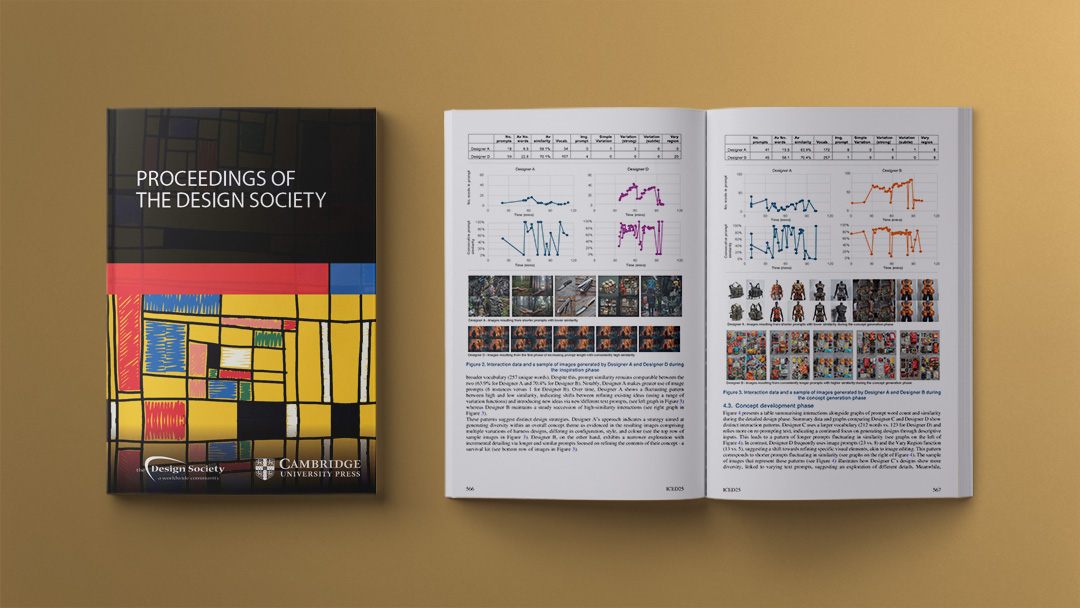
Analysing Designer-GenAI Interactions: Characterizing designers’ behaviours during inspiration and ideation
in Proceedings of the Design Society
Text-to-image Generative AI (GenAI) platforms are reshaping inspiration-seeking and ideation by revealing distinct designer behaviours through interaction data. Analysing 503 prompts from four designers, this study identifies exploratory and narrowing approaches, highlighting how GenAI supports design practice and informs best-use strategies.
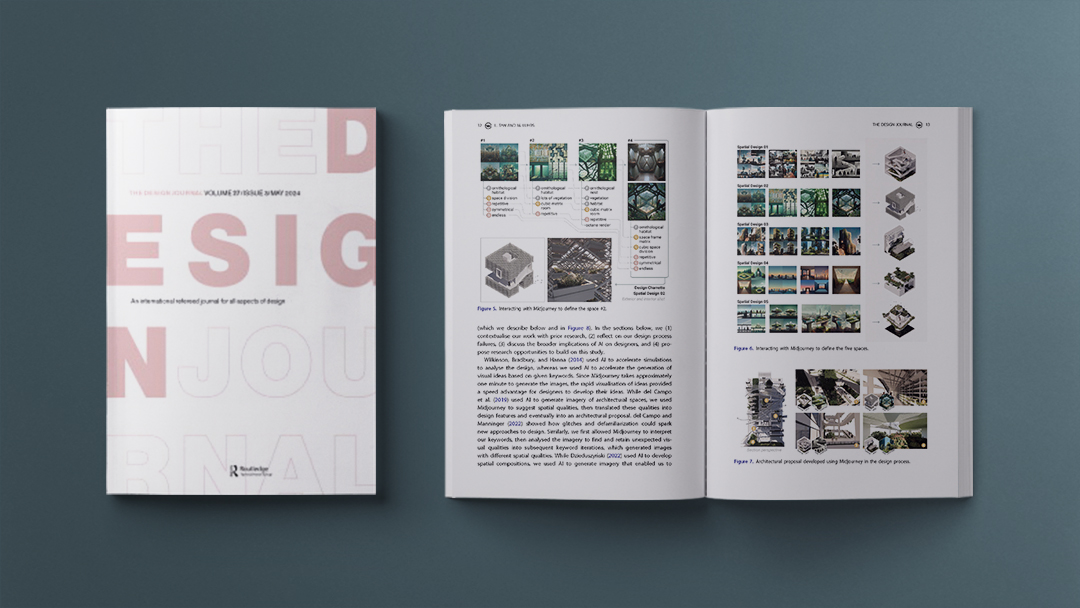
Using GenAI Midjourney to Enhance Divergent and Convergent Thinking in Architectural Design
in The Design Journal
Trending, Most read, & Most cited article
Architects use a range of tools, from the traditional pencil to Virtual Reality technologies to prototype and articulate their creative designs. In recent years, Generative Artificial Intelligence (GenAI) software has reached the mainstream and there is an exponential appearance of GenAI images that portray architectural designs. This article documents an architectural design methodology that uses Midjourney, a text-to-image GenAI software, as a design tool that enhances architects’ creativity.

Reshaping Higher Education Designs and Futures: Postdigital Co-design with Generative Artificial Intelligence
in Postdigital Science and Education
This article investigates how co-design in higher education shifts when generative AI becomes an active collaborator, expanding the practices, meanings, and ontologies of collaborative educational design. Drawing on global practitioner accounts and postdigital inquiry, it shows how GenAI unsettles assumptions about collaboration, agency, and knowledge, positioning co-design as an ongoing negotiation that shapes futures beyond solely human perspectives.
Other recent publications | All publications
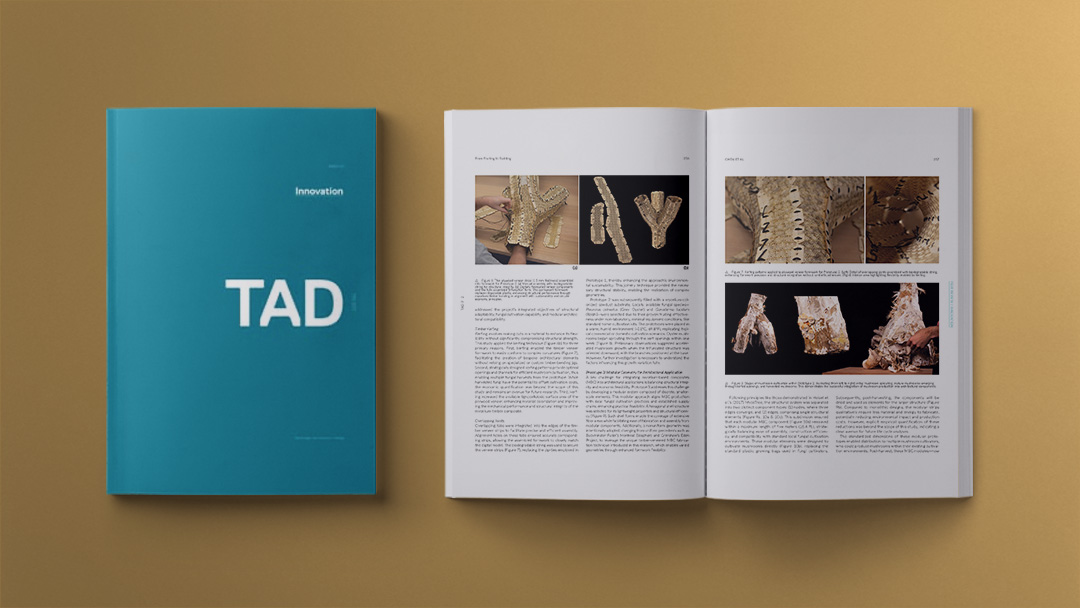
From Fruiting to Building: Exploring Dual-Purpose Mycelium Structures for Circular Economy Strategies
in Technology|Architecture + Design
This research develops a new approach to mycelium-based composites by combining architectural material cultivation with food production, turning fungi cultivation waste into dual-purpose building components. Through advanced prototyping methods, the work achieves more complex, formwork-free structures while reducing costs and environmental impact, aligning MBC applications with circular economy principles.
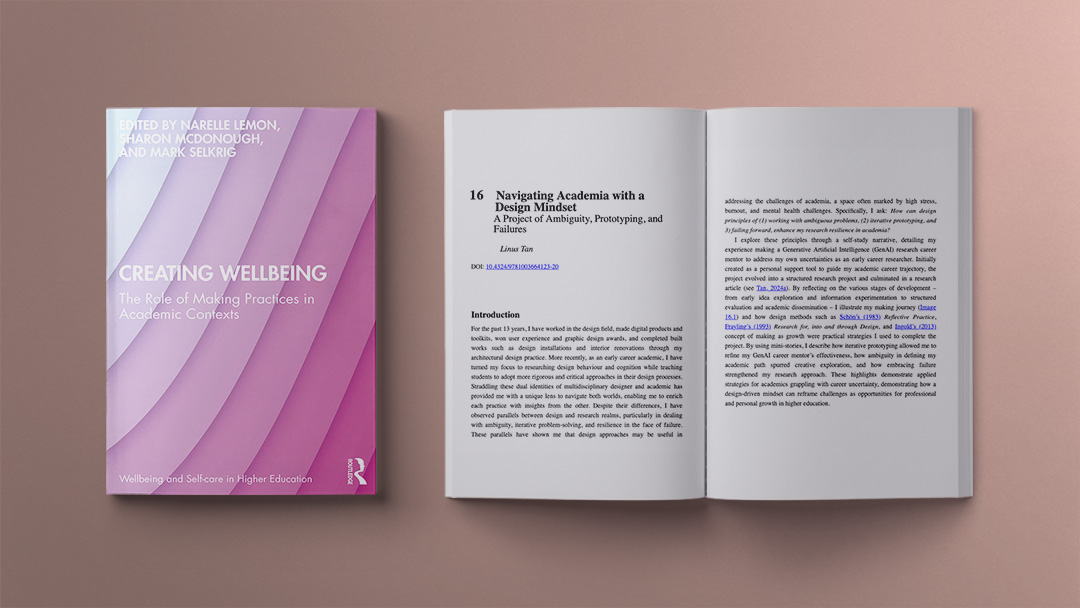
Navigating Academia with a Design Mindset
in Creating Wellbeing: The Role of Making Practices in Academic Contexts
For the past 13 years, I have worked across the design field, creating digital products and toolkits, winning awards, and delivering built work, while more recently shifting my focus towards researching design behaviour and cognition as an early career academic. Moving between these two identities has revealed shared strengths in navigating ambiguity, iterating through uncertainty, and learning from failure, prompting this chapter’s reflection on how three design principles: (1) embracing ambiguous problems, (2) prioritising prototyping, and (3) failing forward, can strengthen resilience within academia.
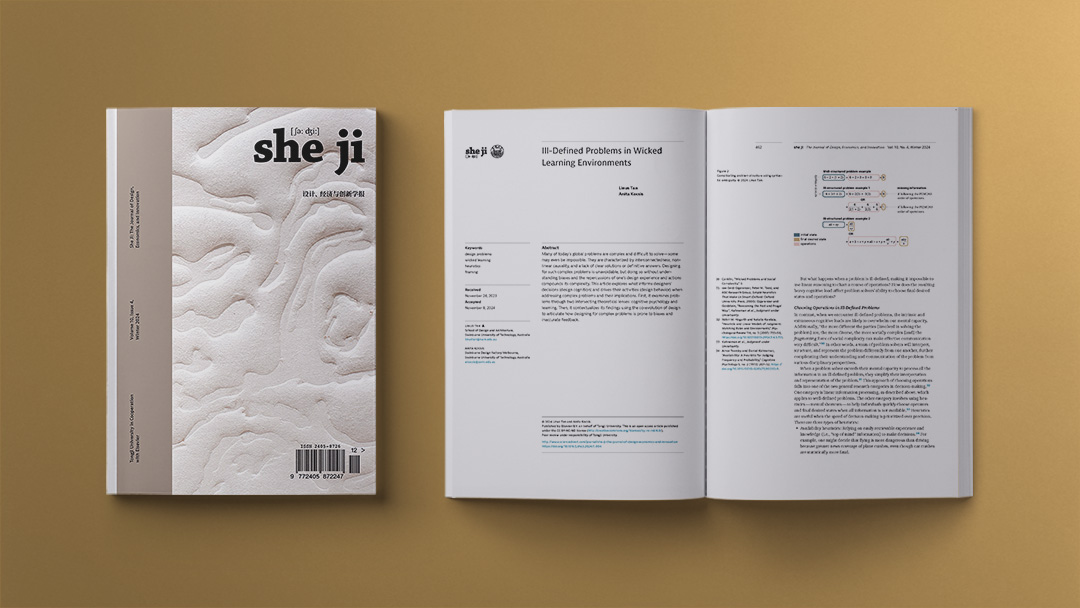
Ill-defined problems in wicked learning environments
in She Ji: The Journal of Design, Economics, and Innovation
Complex global problems are deeply interconnected, nonlinear, and often resistant to clear solutions, and designing for them becomes even more challenging when designers overlook their own biases and the consequences of their actions. This article examines how design cognition and behaviour shape decision-making in such contexts, drawing on cognitive psychology, learning theory, and the co-evolution of design to show how complex problems can trigger biased reasoning and misleading feedback.
Teaching and supervisions | All teachings
Higher degree by research
GenAI in Design Sensemaking
This industry-based research investigates How can designers use AI to augment their sensemaking capabilities for understanding user, stakeholder and system needs in the discovery phase of design projects?
- Supervision team: Jeni Paay, Linus Tan
GenAI for Architectural Co-Design
This research employs Design Research Methodology to examine How can image GenAI influence and transform early phases of a collaborative design process for innovative and creative placemaking?
- Supervision team: Charlie Ranscombe, Linus Tan
GenAI Aircraft Design Optimisation
This research investigates the intersection of design-driven innovation, generative artificial intelligence (GenAI), and the role of designers acting as key interpreters in new product development (NPD). The research explores how leveraging GenAI in the metaproject phase of NPD by augmenting designers acting as key interpreters can increase their capacity to foster radical innovation and the success of these innovations.
- Supervision team: Anita Kocsis, Linus Tan
Indigenous Wisdom in Design
This research employs pluriversal design to learn from Traditional ecological knowledge (TEK), which is informed by ‘slow knowledge’ that was place-based and embedded within local cultures (Orr 2004; Papanek 1995), and towards the pluriversal futures where no living being exists independently of the Earth and where humans and non-humans are in ever-changing entanglements as a part of the Earth’s vital forces and processes (Escobar, 2015).
- Supervision team: Anita Kocsis, Linus Tan
Postgraduate subjects
Architecture Design Thesis
This subject guides design students become experts in designing architecture and urban areas by interrogating social and community challenges related to design. Students learn to research independently, then develop a well-thought-out design strategy. They also create physical and digital models, evaluate them, and clearly present their ideas and processes, demonstrating how they integrated different knowledge like environment, materials, and culture into a holistic design proposal.
Architecture Design Research C
This subject facilitates students to improve their creative thinking by developing and refining speculative design ideas that address complex, modern global issues. They will use flexible learning skills to handle unpredictable results and link difficult or opposite elements, learning from mistakes through design interactions while using architecture or urban design to solve design and research challenges.
Design-led Research
This subject teaches students a Research for, into, and through Design, where design activities are used to explore and gain knowledge. Students will create and reflect on design projects, considering how they fit within social, cultural, and technological settings, while using design to investigate questions and find solutions.
view Studio (Un)Real: Pluriversal v2
view Studio (Un)Real: Pluriversal v1
Applied Innovation Studio
This subject facilitates learning and practising design, focusing on prototyping skills. Students enhance their innovative approaches and use of technology in design, storytelling, and making to create future-focused design outcomes.
Design Technology
This subject facilitates learning and practicing design, focusing on developing technical, creative, and communication skills. Students enhance their innovative approaches and use of technology in design, understanding spatial, material, and economic aspects, and exploring new material and digital fabrication methods.
Undergraduate subjects
Architecture Design Studio 1
In this subject, students learn architectural design methods to develop small to medium-sized projects, using 2D drafting and 3D modeling for communication. They will also gain knowledge of different spatial development techniques for turning ideas into concepts.
view Studio (Un)Real: Narratives v4
view Studio (Un)Real: Narratives v3
Architectural Communication 2
In this subject, students design installations that communicate with occupants, blending technology and human interaction. Over twelve weeks, students explore different ways design represent hidden meanings, create animated prototypes, and study design elements as parts of dynamic systems, enhancing their understanding and skills in viewing space as interactive networks.
view Studio (Un)Real: Allegories v3
Digital Documentation 1
In this subject, students develop technical skills in architectural documentation and representation through Rhino3D, Photoshop, and Enscape. Over twelve weeks, they progress through mastering 2D drafting by documenting an existing building, exploring 3D modelling through conceptual volumes and landscapes, and producing schematic design documentation by transforming volumes into detailed buildings. Through this sequence, students refine their precision, accuracy, and representational standards, culminating in a professional drawing package that communicates architectural ideas with clarity.
Current projects | All projects

Friend and foe: Characterising (counter)productive prompting of generative AI to supplement exploratory sketching



